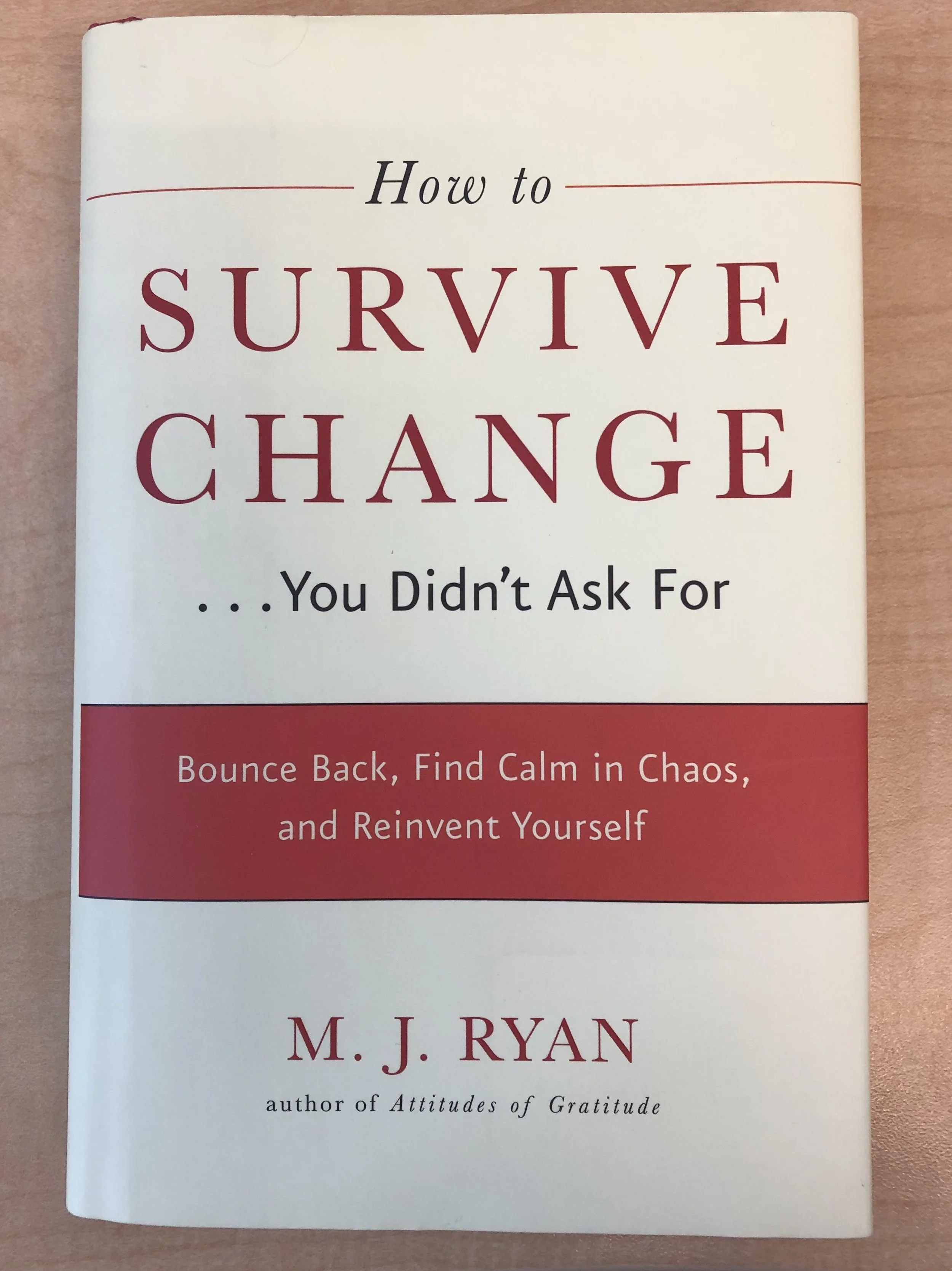12: The Elements of Great Managing (My 3 Takeaways)
On May 7, 2019, Gallup will be releasing its latest book by Jim Clifton and Jim Harter, “It’s the Manager,” which promises to empower managers to thrive in a new era of work, including insights into Strategy, Culture, Employment Brand, Boss to Coach, and the Future of Work.
Before my copy of “It’s the Manager” hits our mailbox, I picked up a copy of Gallup’s 2006 management manifesto, “12: The Elements of Great Managing,” by Rodd Wagner and James K. Harter, Ph.D.
12 distills Gallup’s global workplace study, which included 10 million employee and manager interviews across 114 countries at that time. This robust study produced 12 seemingly simple insights with profound impacts on employee engagement in organizations of all industries and sizes. In turn, these increased levels of engagement resulted in higher performance (and profits) for their teams and organizations.
Each of the elements is discussed in each of the first 12 chapters, which includes insights into Gallup’s research findings about the impact of that element across organizations, as well as brief examples and vignettes that demonstrate how individual managers have exemplified that element.
Whether you and your team operate in a for-profit setting, 12 features insights for every leader.
Here are my three biggest takeaways.
Takeaway #1: The Power of a Simple “Thank You”
At a time when a lot of time, money, and energy is spent on formal recognition in organizations, it turns out that the most powerful is also the most cost effective… as well as one of the most rare. Although fewer than one-third of employees can strongly agree that they have received recognition in the last seven days (the 4th Element), employees who do not feel adequately recognized are twice as likely to say they will leave the organization in the next 12 months. For those who choose to stay with an organization, the variation in the 4th Element is responsible for 10% to 20% differences in productivity and revenue.
Wagner and Harter describe how the levels of dopamine-which causes feelings of enjoyment and satisfaction-are easily influenced by seemingly simple acts of recognition and words of praise. Dopamine is not only a chemical that makes people “feel good,” it also is responsible for learning and memory.
Conversely, the absence of recognition also has a negative effect on people’s performance. If an employee anticipates recognition for a particular task, the disappointment of not receiving recognition causes that person’s dopamine level to drop, which in turn encourages that person to avoid such “thankless tasks” in the future, or to give minimal effort in completing the task.
In short, recognition not only makes people feel better, it also makes them do better.
Takeaway #2: “Human See, Human Do”
For me as I read “12: The Elements of Great Managing” for the first time, the 6th Element (There is someone at work who encourages my development) was among the most intriguing. In an early 1990s research study at the University of Parma in Italy, Dr. Giacomo Rizzolatti discovered what came to be known as “mirror neurons.” Dr. Rizzolatti observed the activation of brain cells in monkeys watching scientists doing different activities, but these neurons were activating as if the animals had done those activities themselves. Later, subsequent research observed the same phenomenon in human beings.
For three years, I coordinated one of the largest and longest-running mentorship programs in the United States, and the results of these research studies reinforced my belief in the power of mentors, and by extension, the power of the 6th Element. In Gallup’s data, 40% of people feel that there is nobody at work who encourages their development. Of the 40% of people who don’t have mentors, only 1% are engaged with their organizations.
One of the key findings of the 6th Element, however, is that these powerful relationships cannot be forced; they are most powerful when they form naturally, and they are not restricted to an Albus Dumbledore- or Yoda-esque mentor, but a mentor can be anybody who, “in the eyes of the employee, ensures she successfully navigates the course,” and may include roles such as advisors, coaches, counselors, friends, sponsors, supervisors, etc.
Whatever the person’s title may be, the power of mentorship is unmistakable.
Takeaway #3: You Don’t Always Get What You Pay for
Spoiler Alert (although the book has been out since 2006, so if you haven’t read it, that’s on you): Compensation is not one of the 12 Elements. In a chapter entitled, “An Element Unto Itself: The Problem of Pay,” Wagner and Harter defend why pay is not one of the 12 Elements.
In short, it behaves like none of the 12 Elements and it does not predict higher levels of employee engagement. In addition to Gallup’s own research, there are numerous studies that demonstrate a person’s satisfaction with their compensation has more to do with how that compensation compares to others than to the absolute level of that person’s pay.
On top of that, Gallup provides evidence that, in some cases, increased compensation may have a negative effect on engagement. “While logically the reward should be a further inducement, it instead decreases motivation.” Wagner and Harter explain that the worker’s brain more easily interprets those strategies as bribes, which has an adverse impact on esprit de corps and intrinsic motivation.
Bonus Takeaway (from the 10th Element: A Best Friend at Work)
“In the battle between company policy and human nature, human nature always wins.”
Bonus Takeaway #2 (from the 12th Element: Opportunities to Learn and Grow)
“Something about human nature hates to be stuck in one place. During the commute to work, a driver's level of frustration has less to do with the amount of time it takes than with how frequently she ends up just sitting in traffic.”



